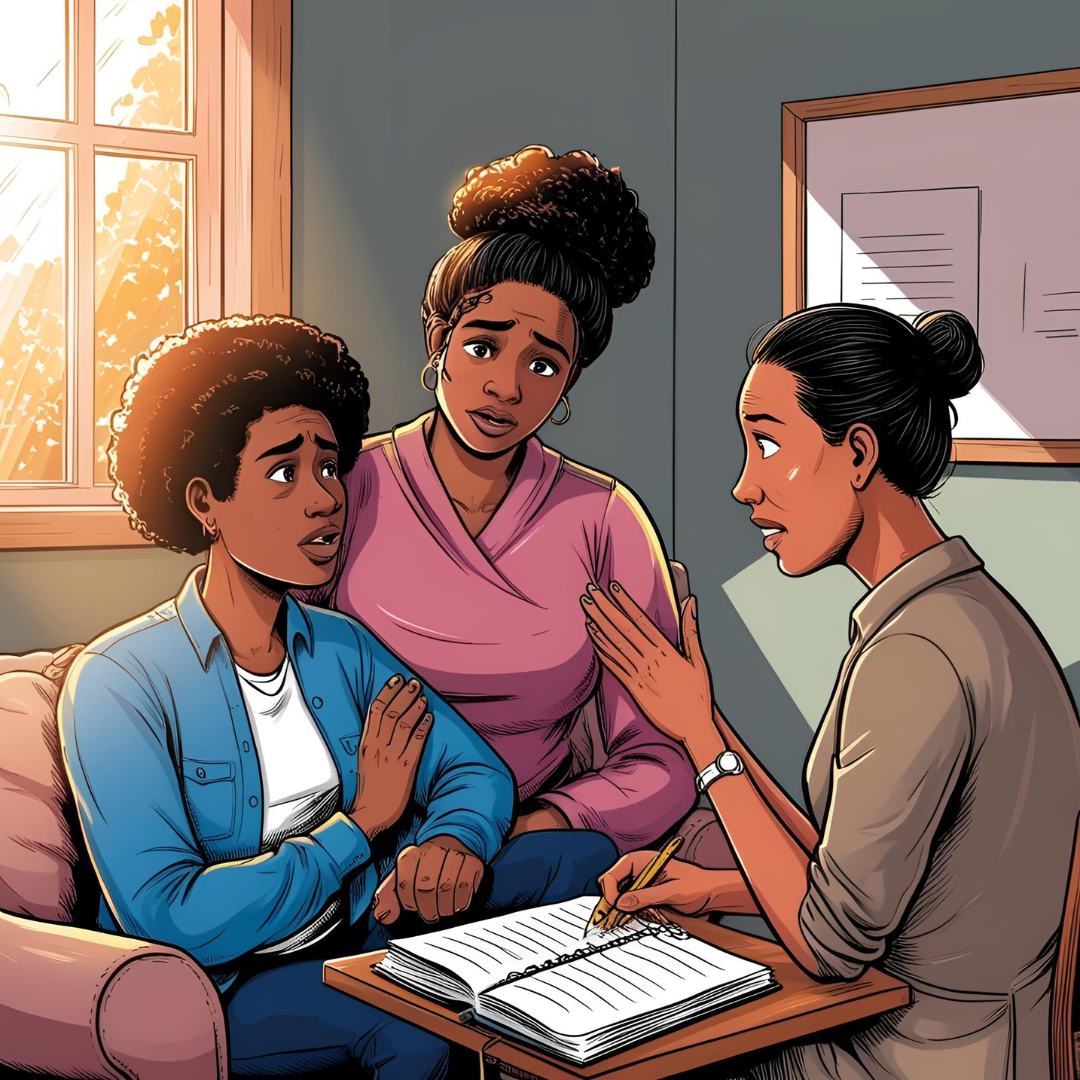Couples Therapy Is Not Taboo: Breaking the Stigma in Indian Households

Introduction
In India, relationships have traditionally been viewed as sacred bonds that endure through life’s ups and downs. From movies to couples you see regularly, there is a certain pressure to maintain a picture-perfect partnership. But is it truly perfect? Isn’t there many aspects that do not meet the eye? With high expectations to look a certain way, many couples are discouraged from ever addressing their problems openly.
When disagreements, emotional distance, or misunderstandings do arise, seeking help through therapy remains an underutilized solution. Unfortunately, this is due to the deep-rooted stigma around counseling, particularly couples therapy. India as a country still dabbles with couples therapy in so much of a hushed tone. There is so much taboo around it.
This blog aims to dismantle the misconceptions surrounding couples therapy in Indian households, emphasizing the importance of professional help in strengthening relationships. Platforms like LifeHetu, known for their roster of the best psychologists and counselors, are making mental health support accessible, ensuring that couples get the guidance they deserve.
Understanding the Stigma in Indian Society
Cultural Perceptions of Marriage
In Indian culture, marriage is often seen as an unbreakable commitment. Discussions about marital discord are frequently dismissed, with phrases like “compromise is key” or “think of the family first.” Seeking couples therapy is sometimes viewed as a sign of failure or an inability to manage personal relationships, leading to hesitance in pursuing professional help.
Lack of Awareness
Many individuals in India are unaware of what couples therapy entails. They associate therapy with extreme cases, like impending divorce, rather than viewing it as a proactive approach to relationship maintenance. The belief that therapy is only for “serious problems” limits its scope as a preventive or growth-oriented practice.
Societal Judgment
The fear of judgment from extended family, friends, and society often prevents couples from seeking help. This hesitancy is magnified in smaller towns and rural areas, where mental health discussions are still taboo.
Why Couples Therapy Is Essential
Early Intervention Prevents Long-Term Issues
Couples therapy is not reserved for troubled marriages or dire circumstances. Early intervention can help couples address minor issues before they escalate into significant problems. In a research paper titled “Effectiveness of Marital Counselling on Marital Quality among Young Adults: A Pre-Post Intervention, it is noted that with efforts of marital counseling, there was huge relief and improvement in marital satisfaction.
For instance, a young urban couple struggling to balance careers and family responsibilities might benefit from sessions with LifeHetu’s expert psychologists. A counselor can provide tools to enhance communication and reduce stress, preventing resentment from building over time.
A Neutral Perspective
A therapist acts as a neutral third party, offering unbiased insights into a couple’s dynamics. Unlike friends or family, who may inadvertently take sides, a professional focuses solely on fostering understanding and resolution.
Improving Emotional Connection
Therapy helps couples rekindle emotional intimacy by addressing unmet needs, unresolved conflicts, or unspoken expectations. This can be transformative for partners who feel emotionally disconnected but wish to rebuild their bond.
Breaking the Stigma: Steps Toward Acceptance
1. Promote Awareness Through Education
LifeHetu emphasizes the importance of education in breaking stigmas. Hosting workshops, webinars, and online resources about the benefits of couples therapy, and relationship counseling can change perceptions. Awareness campaigns can target misconceptions, highlighting therapy as a strength rather than a weakness.
2. Normalize Mental Health Conversations
Discussing mental health openly within families and social circles can gradually reduce judgment. Sharing success stories of couples who have benefited from therapy, while maintaining confidentiality, can inspire others to seek help without fear.
3. Focus on the Outcome, Not the Process
Highlighting the positive outcomes of therapy—stronger communication, deeper understanding, and healthier relationships—can shift the focus from the perceived “shame” of attending counseling to its tangible benefits.
4. Leverage Digital Platforms
Platforms like LifeHetu are pivotal in making therapy more approachable. By offering virtual counseling sessions, they ensure accessibility, privacy, and convenience for couples hesitant about in-person visits.
Real-Life Scenario: Couples Therapy in Action
Consider Aarti and Ravi, a couple from Delhi. Married for five years, they found themselves constantly arguing over financial decisions and work-life balance. The tension began affecting their emotional connection and daily interactions. After much persuasion, through weekly sessions, Aarti and Ravi learned to articulate their concerns constructively, set realistic expectations, and reestablish their emotional bond. Their experience is a testament to how professional help can transform relationships. Today, they advocate for couples therapy, hoping to inspire others to embrace it without hesitation.
Final Thoughts
Couples therapy is not a sign of failure but a proactive step toward building stronger, more fulfilling relationships. By breaking the stigma and encouraging open conversations, Indian households can embrace therapy as a tool for growth and harmony. Mrs Mahalakshmi Rajagopal, with her commitment to excellence in mental health services, is at the forefront of this change. Couples facing challenges need not navigate them alone; professional guidance can pave the way for a healthier, happier partnership.
Sources
- Siji, M. M., & Rekha, K. S. (2018). Effectiveness of marital counseling on marital quality among young adults: A pre-post intervention. International Journal of Humanities and Social Science Invention, 7(4), 11–23. https://www.ijhssi.org/papers/vol7(4)/Version-3/C0704031123.pdf

Mahalakshmi Rajagopal
A renowned Holistic Wellness Practitioner, Counsellor, Healer, Trainer, Certified Social Auditor, and Certified POSH Trainer.
Related Blogs
No related blogs available.
